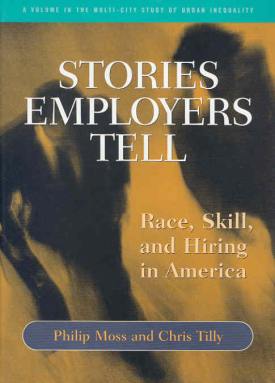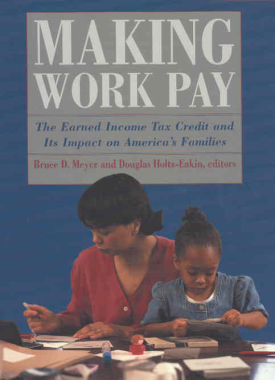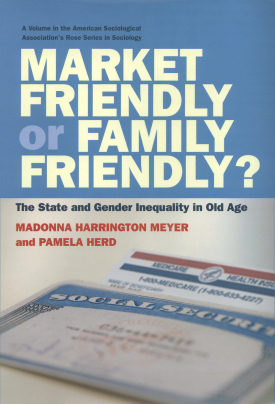The image of the "underclass," framed by persistent poverty, long-term joblessness, school dropout, teenage pregnancy, and drug use, has become synonymous with urban poverty. But does this image tell us enough about how the diverse minorities among the urban poor actually experience and cope with poverty? No, say the contributors to In the Barrios. Their portraits of eight Latino communities—in New York, Los Angeles, Miami, Houston, Chicago, Albuquerque, Laredo, and Tucson—reveal a far more complex reality.
In the Barrios responds directly to current debates on the origins of the "underclass" and depicts the cultural, demographic, and historical forces that have shaped poor Latino communities. These neighborhoods share many hardships, yet they manifest no "typical" form of poverty. Instead, each group adapts its own cultural and social resources to the difficult economic circumstances of American urban life. The editors point to continued immigration as an issue of overriding importance in understanding urban Latino poverty. Newcomers to concentrated Latino areas build a local economy that provides affordable amenities and promotes ethnic institutional development. In many of these neighborhoods, a network of emotional as well as economic support extends across families and borders.
The first major assessment of inner-city Latino communities in the United States, In the Barrios will change the way we approach the current debate on urban poverty, immigration, and the underclass.
JOAN MOORE is professor of sociology at the University of Wisconsin, Milwaukee.
RAQUEL PINDERHUGHES is assistant professor of urban studies at San Francisco State University.
CONTRIBUTORS: Norma Stoltz Chinchilla, Phillip Gonzales, Guillermo J. Grenier, Nora Hamilton, James Loucky, Joan Moore, Felix M. Padilla, Raquel Pinderhughes, Nestor P. Rodriquez, Alex Stepick, Mercer Sullivan, Avelardo Valdez, Carlos G. Velez-Ibanez, James Diego Vigil.










